The Czech advocacy has spoken out in defense of the professional independence of its Ukrainian colleagues
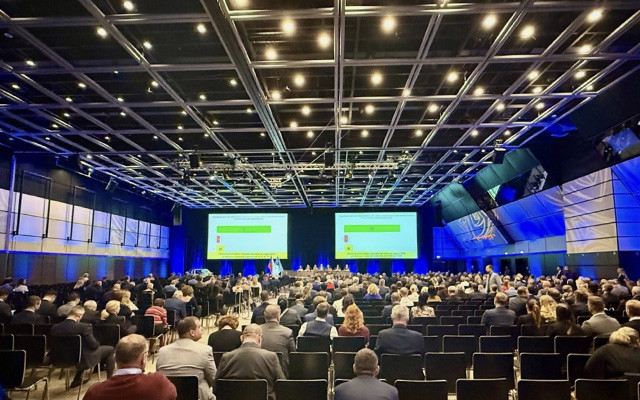
The Czech Bar Association (Česká advokátní komora, ČAK) will appeal to Ukrainian President Volodymyr Zelenskyy and Ukrainian authorities to ensure the preservation of the independence of advocacy in Ukraine.
This resolution was adopted by the IX Congress of the Bar Association, which took place on October 3 in Prague, according to the official publication of ČAK Bulletin advokacie No. 10/2025. The draft, which was put forward for discussion by advocate Daniel Hamrad and supported by the delegates of the congress, was a response to the speech by the President of the Ukrainian National Bar Association Lidiya Izovitova, who thanked her Czech colleagues for supporting Ukrainian advocates during the war and outlined three key challenges facing the Ukrainian advocacy today.
The first problem mentioned by the President of the UNBA, BCU, was the mobilization of advocates while performing their professional duties. She drew attention to situations where a summons can be delivered directly in the courtroom or during investigative actions. At the same time, judges, prosecutors, and civil servants in Ukraine are exempt from mobilization under a reservation system. The paradox of the situation is that a trial cannot take place without an advocate, but it is the advocate who can be mobilized at any time. In this regard, the UNBA has repeatedly appealed to parliament and the government, but the problem remains unresolved. According to L. Izovitova, this is not only a matter of fairness towards advocates, but also a direct threat to the realization of citizens' constitutional right to defense.
The second challenge is the identification of advocates with their clients. In Ukraine, defense advocates are increasingly perceived as accomplices of their clients, and the performance of their professional duties is often branded as «anti-state activity». Advocates are forced to choose between patriotism and the protection of human rights — a choice that is inherently flawed, since true patriotism includes respect for human rights. In response, the Verkhovna Rada passed a law that provides for liability for publicly identifying an advocate with their client. Although the law is primarily aimed at protecting human rights by guaranteeing the independence of the legal profession, attempts are being made to prevent the President from signing it, in particular through public criticism from individual journalists and professional civil society activists, rather than the general public. The President of the UNBA, BCU emphasized that this is a moment of truth that demonstrates how deeply rooted the misunderstanding of the role of advocates is in society.
Discussions on the creation of a military advocacy are the third issue. Against the backdrop of the general militarization of Europe, there is discussion of the idea of forming a separate state structure in Ukraine that would operate in parallel with the independent advocacy. However, a fundamental question arises: can someone who receives a salary from the state and at the same time has to defend a person — precisely from the actions of that state — really be independent? According to L. Izovitova, effective protection of the rights of military personnel is only possible through an independent advocacy, since a state structure is not capable of ensuring a sufficient level of objectivity and public trust. This issue goes beyond Ukraine, as similar initiatives can also be implemented in European Union countries. Thus, if the relevant decision is adopted, Ukraine may set a precedent: either the balance between national security and the principles of the rule of law will be preserved, or these principles will be sacrificed for the sake of administrative convenience.
At the end of her speech, L. Izovitova presented the President of the ČAK Robert Němec with an honorary award from the UNBA as a sign of deep gratitude to Czech colleagues for their support of Ukrainian advocates in wartime. In response, Robert Němec expressed his gratitude to all Czech advocates for their solidarity, courage, and friendly attitude towards Ukraine, emphasizing that this award is a recognition that belongs to the entire legal community of the Czech Republic.
It should be noted that advocates from the Czech Republic were the first to extend a helping hand to their Ukrainian colleagues. They not only provided financial support to affected advocates in the form of donations, but also allocated funds to the Red Cross, demonstrating sincere concern and a deep understanding of the situation. Therefore, the gratitude expressed at the international level was well deserved — Czech advocates proved their principled position and genuine solidarity with the Ukrainian advocacy.
Popular news
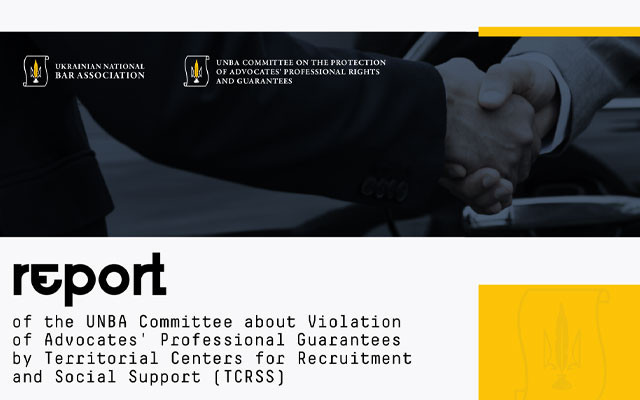
Guarantees of the practice of law
The UNBA presented a report on violations of advocates' rights in the TCC
The Committee for the protection of advocate's rights and guarantees of legal practice of the UNBA has prepared a consolidated report on violations of advocate's professional rights and guarantees of legal practice by territorial recruitment and social support centers for the period from 2022 to the first half of 2025.
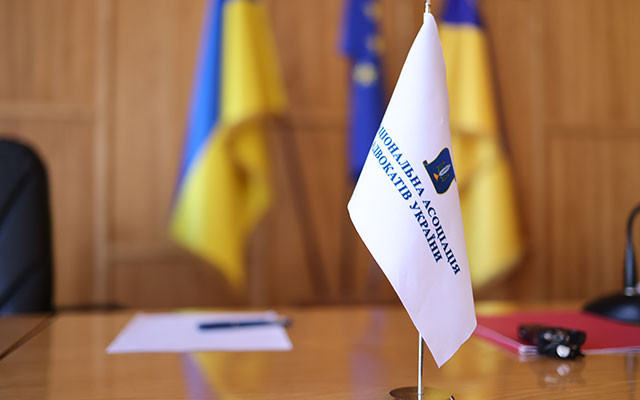
Self-government
Statement by the UNBA Committee regarding manipulative journalistic material
Statement by the UNBA Committee on information policy and interaction with the media regarding manipulative journalistic material aimed at discrediting the advocacy institution.
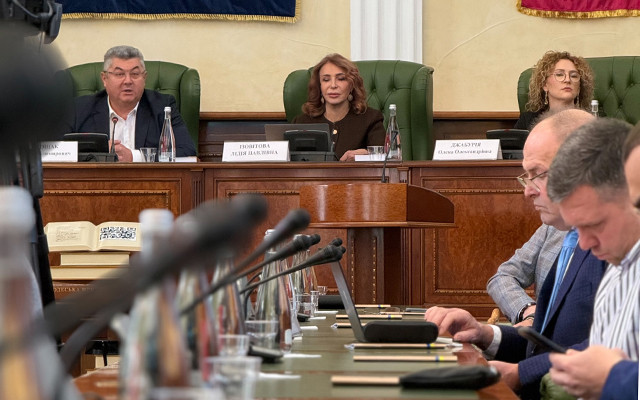
Guarantees of the practice of law
L. Izovitova: today advocacy maintains its independence and fights for guarantees for the profession
The Ukrainian advocacy remains an independent, constitutionally recognized institution of justice, which, in the conditions of war, has not only retained its subjectivity, but also consistently fights for guarantees to protect the profession.
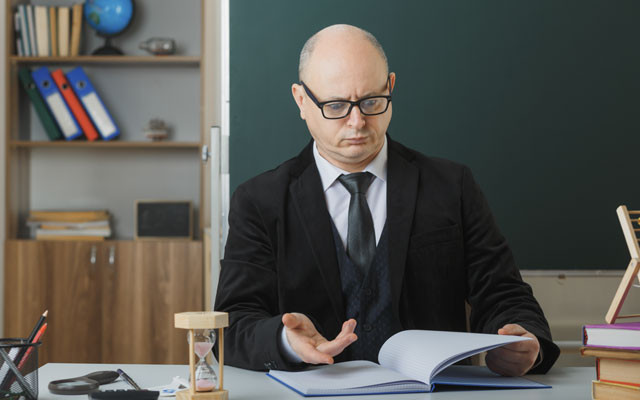
Access to the profession
For candidates for the advocate: BCU has reminded them of the rules for crediting teaching experience
For the purposes of admission to the qualification exam, a candidate's work in scientific and teaching positions may be counted as experience in the field of law only if the position requires legal education.
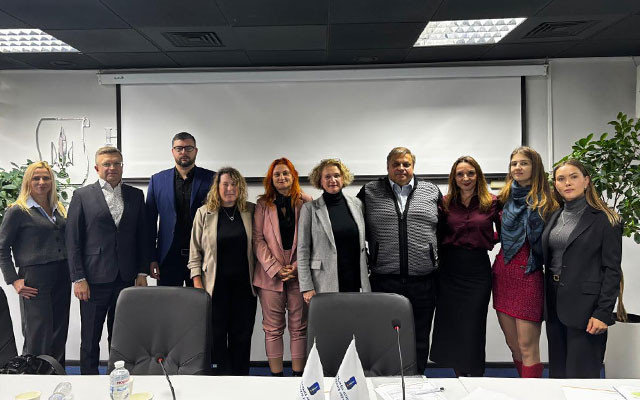
Discussion
Urban Planning Code: what should the new rules for rebuilding Ukraine be?
Does Ukraine need separate codification in the field of urban planning, which model of law to choose, and how to ensure a balance between the interests of the state, communities, businesses, and citizens in the context of post-war reconstruction?
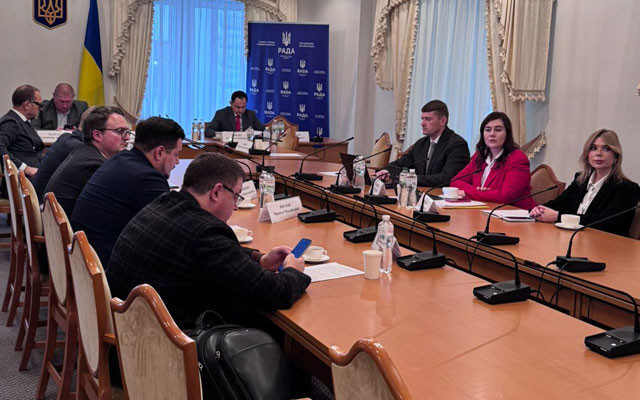
Guarantees of the practice of law
The Verkhovna Rada took another step towards ratifying the Convention on the protection of the profession of advocate
On November 5, the Verkhovna Rada held a working meeting dedicated to the translation of the Council of Europe Convention on the protection of the profession of advocate for its subsequent signing and ratification. The issue was initiated by the Ministry of Foreign Affairs, which drew attention to the key term «lawyer» in the international treaty.
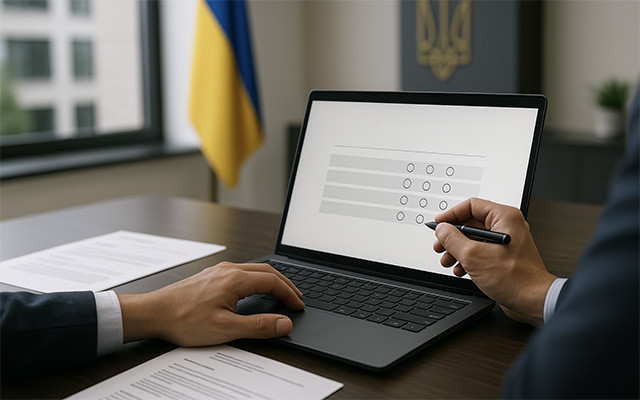
Interaction
NACB is looking for corruption risks in its activities. Advocates are asked to help
The National Anti-Corruption Bureau of Ukraine has launched a survey aimed at gathering information to identify corruption risks in the activities of the National Bureau and prepare an Anti-Corruption Program for 2026–2028.
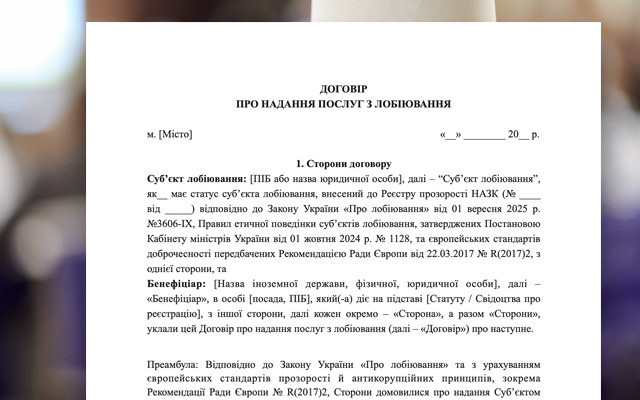
Interaction
Agreement on the provision of lobbying services: a template for advocates has been developed by the UNBA
The Ukrainian National Bar Association has prepared a model agreement for the provision of lobbying services that complies with the requirements of the relevant law and takes into account the specific features of such activities carried out by persons providing legal assistance.
Publications

Censor.net Protecting advocates – protecting justice: addressing concerns about the new law

Ihor Kolesnykov A BRIEF SUMMARY REGARDING THE APPLICATION OF THE ORDER ON EXTENDED CONFISCATION IN LATVIA REGARDING FINANCIAL ASSETS OF…

Valentyn Gvozdiy WORKING IN A WAR ZONE

Lydia Izovitova Formula of perfection

Sergiy Vylkov Our judicial system is so built that courts do not trust advocates

Iryna Vasylyk Advocacy in the proclamation of Independence of Ukraine

Oleksandr DULSKY When we cross the border of the Supreme Anti-Corruption Court, we get into another department of the National Anti-Corruption…

Vadym Krasnyk The UNBA will work, and all obstacles and restrictions are only temporary inconveniences
